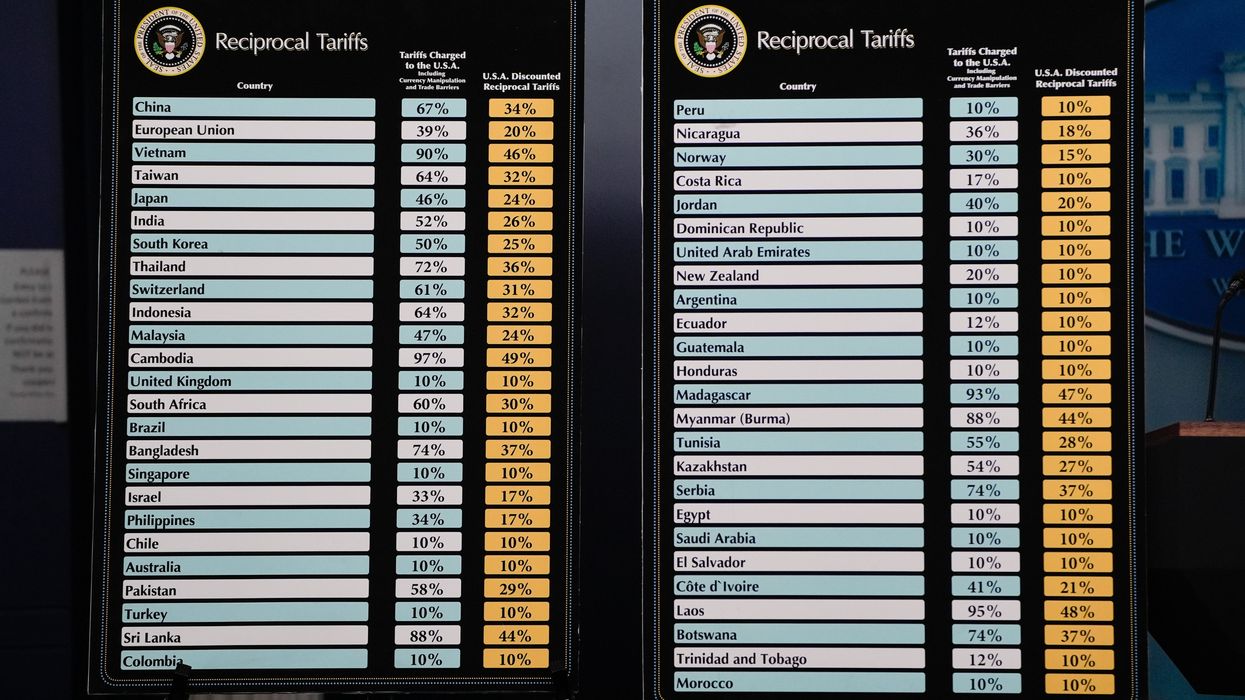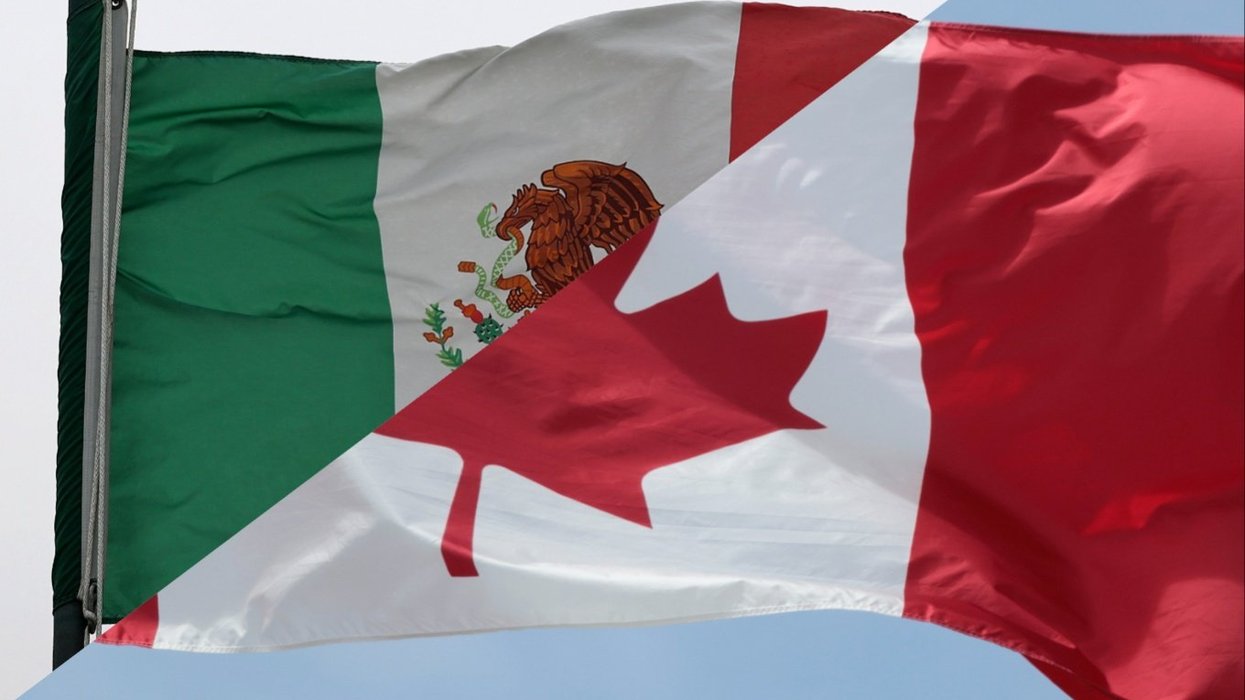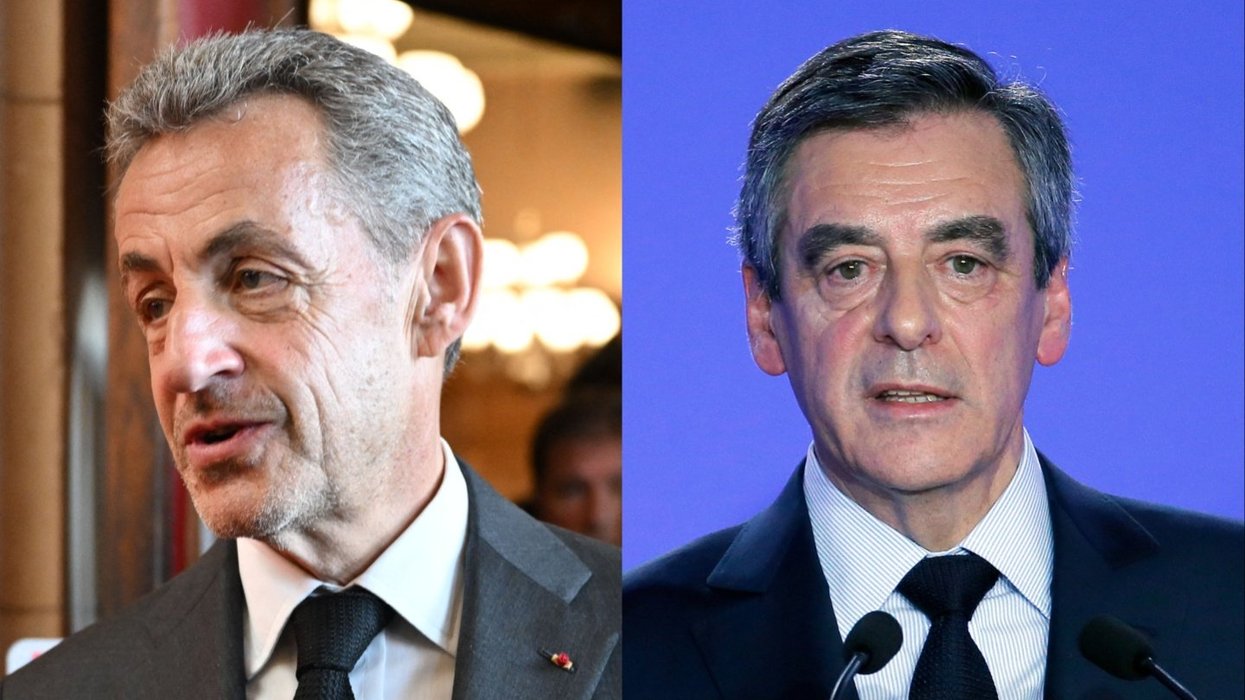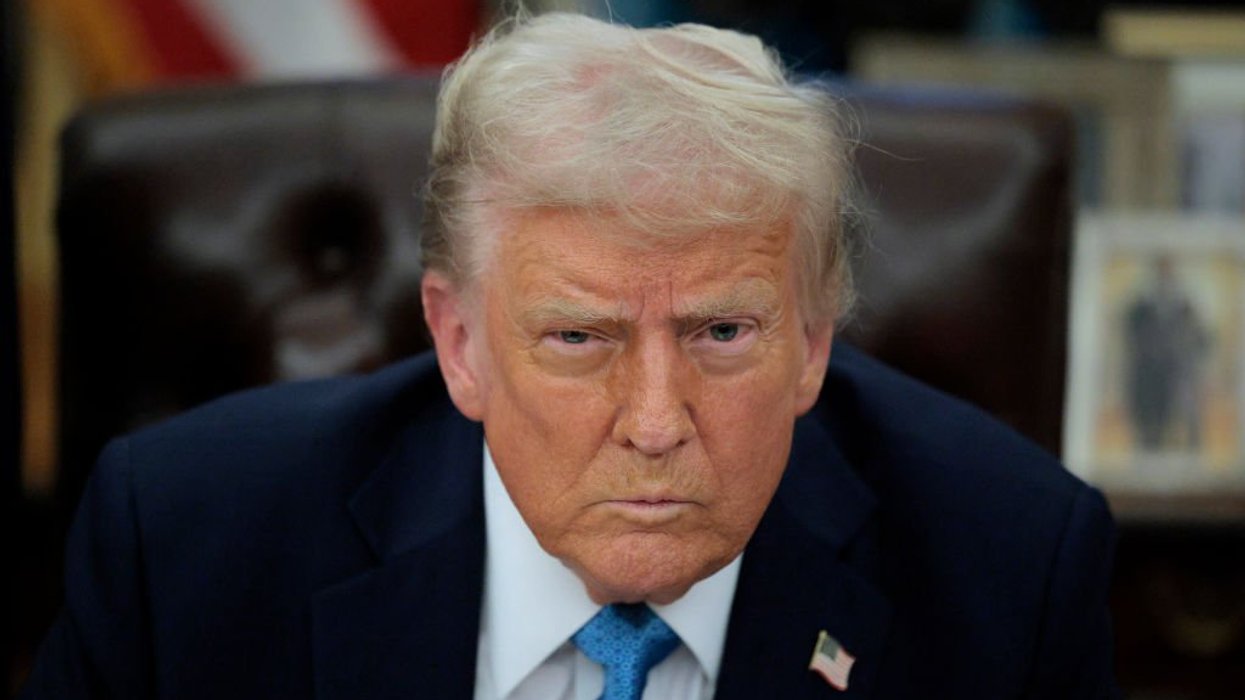GLENN: Uber says their biggest stumbling block is it is not mapped the way the cities are. Not every single square inch is mapped and, you know, some of these are farm roads, et cetera, et cetera, and it's just not going to happen.
STU: You see that in Google street view when you get super close on a rural area, and you can't necessarily get there.
GLENN: Right.
STU: However, with trucking, it's passing through these areas and highways all the time.
GLENN: Yeah, the highways.
JEFFY: The semis are fine.
STU: You could do a distribution point, easily.
GLENN: Yes. Yes.
STU: And that's just a short-term thing, right? If there's desire for local deliveries, they're going to map whatever they need to do. That's a short process.
GLENN: Correct.
STU: As compared to changing the entire transportation system. So I mean, I don't see how that doesn't happen. But there's no way that doesn't happen eventually. I mean, it might take ten years. It might take 40 years.
JEFFY: Or three.
GLENN: Other three. Yeah. They're talking five years. We're now talking about automated trucks in five years.
JEFFY: They're already on the road.
GLENN: They already are on the road.
STU: Yeah, you're saying, like -- because there's a percentage of business, right?
GLENN: No, it takes -- I think it's 15 years. Let's say we go to automated drivers. Okay? It takes 15 years to turn a fleet over. Every car on the road. Generally, it takes 15 years to turn everything over. So if they started automotive driving today, and they didn't mandate that everybody had to buy an automated car, it will take 15 years before you start to see almost every single car, except that cool antique car. It will take you 15 years to totally change over the fleet to an automated car.
STU: And the bottom line is everyone's going to make it more.
PAT: They're going to like it, and it will have to be mandated because you'll have human error mixed with automation, and they won't tolerate that. So they'll take human error out of the equation. And they'll just say it's too dangerous for you to drive with these other vehicles on the road. You've got to.
JEFFY: You can still drive.
PAT: But they're going to have to turn over to the automation for everybody, right? Otherwise, you're going to have chaos.
GLENN: Did you see that the EU just banned gas and diesel engines?
PAT: Yeah, by --
GLENN: 2040. No gas or diesel engines anymore by 2040.
PAT: Good luck.
GLENN: They got rid of the AM radio, the FM radio, and now the combustion engine.
PAT: We just saw terrestrial radio by far.
STU: People who tune into terrestrial radio 92 percent every week. Where we looked at the podcast as well. It's 24 percent per week.
GLENN: Unbelievable.
STU: Still, I think it's 40 percent of people have ever listened to a podcast.
JEFFY: So what you're saying is radio is dying.
STU: 40 percent have ever listened to one. Now, of course, that's incredible increase from years and years ago when it was 0 percent.
JEFFY: Still. Huge.
STU: People forget this medium is still really, freaking powerful.
PAT: And its demise has been predicted since TV was invented.
STU: Yeah, and if you wanted to have a note how powerful it is, and John McCain, who's up there railing about it just yesterday.
GLENN: And John Boehner. John Boehner was out doing the same thing. He was talking about the evils of talk radio and how talk radio you can't even get anything done. When he was in the office, he couldn't get anything done because talk radio stopped him every time.
JEFFY: Uh-huh.
GLENN: Good. I hope that's true.
STU: It's funny if you don't feel you have an impact, wait until these guys get out of office, and they're all talking about the impact they have. They don't admit it when they're there. But they're very frustrated about it beforehand. Which is -- I don't know.
GLENN: They all love -- they love talk radio when we were friendly. But as soon as we caught onto their weaselship, we were, like, oh, okay. Then they hated us. Then talk radio has to be either co-opted or destroyed. And, unfortunately, neither has happened.
By the way, I would like to take just a second and say thank you for listening to this program. Thank you for telling friends about this program. We just saw a new ratings period, and we are up 11 percent. We were all kind of surprised by that. But double-digit growth at a time when almost everybody else is going down. We really appreciate it. So thank you for listening to this program.












